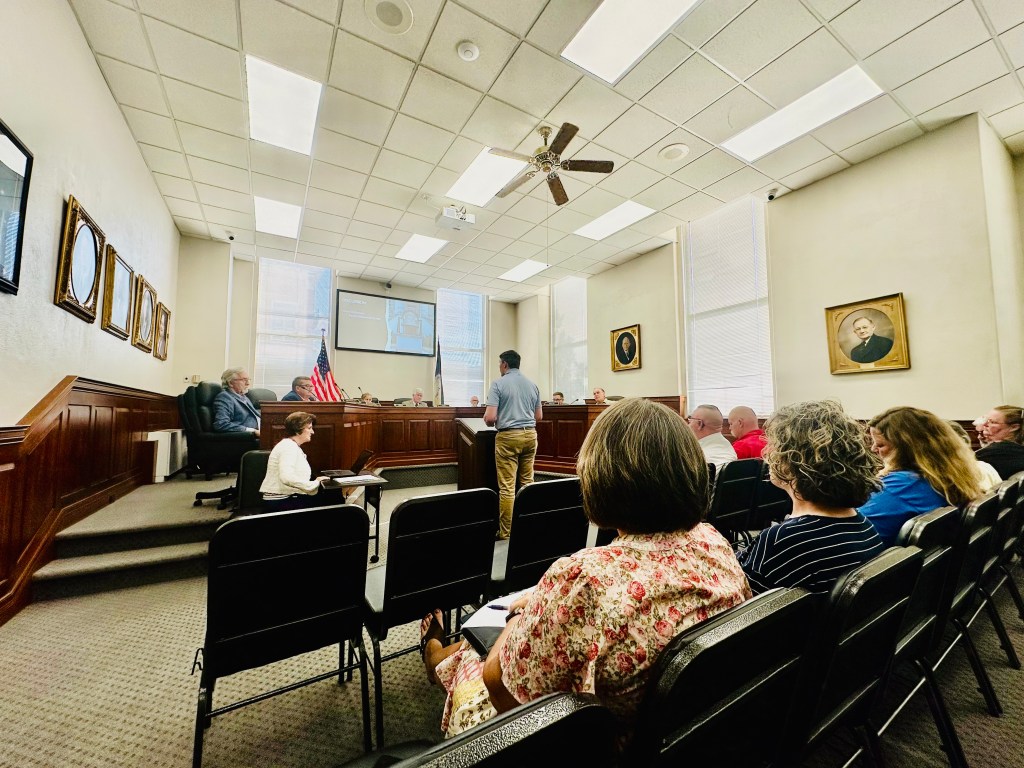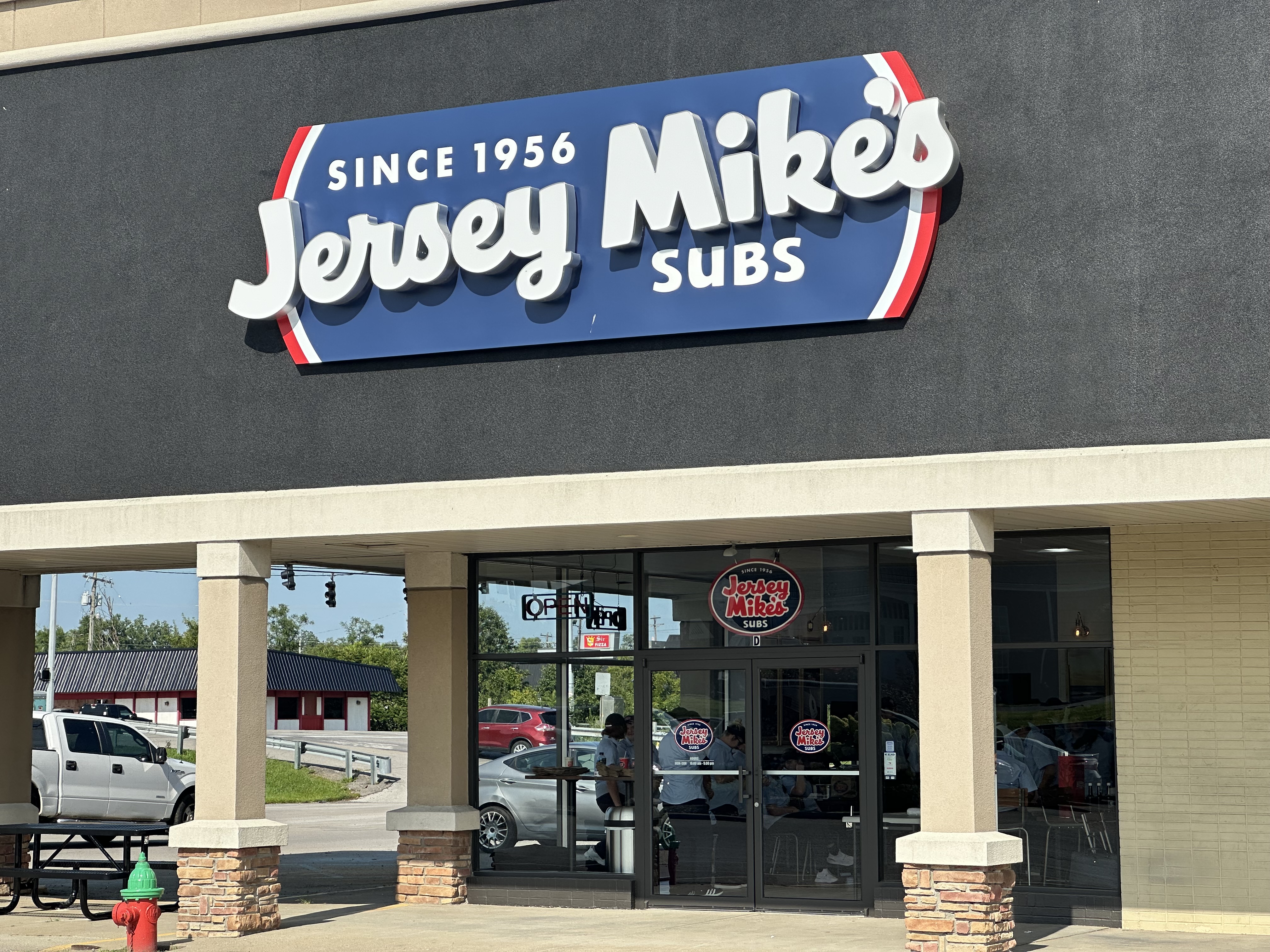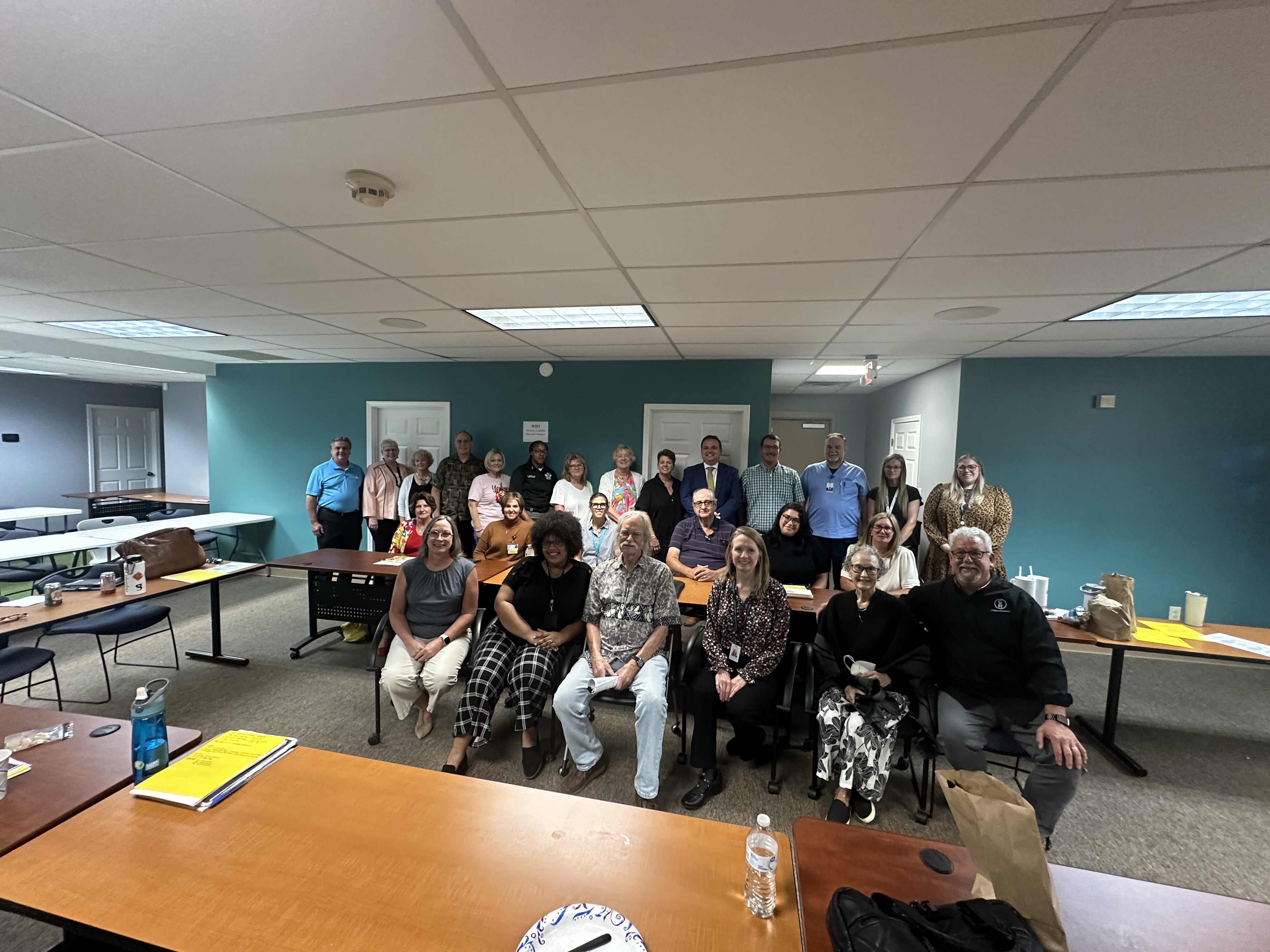Fiscal Court hears from Bluegrass Area Development District
Published 10:00 am Monday, August 4, 2025
|
Getting your Trinity Audio player ready...
|
A recent meeting of the Clark County Fiscal Court had speakers focusing on several issues.
Among them was opioid abatement funds.
Gene Detherage, a Recovery Support Specialist with the Bluegrass Area Development District, was present.
Trending
After acknowledging that his role focused on dealing with opioids and substance use as well as broadband development, Detherage continued.
“[Through] my knowledge and experience of developing recovery ecosystems, my goal would be to help your community see more aggregate numbers of individuals returning to productive life”, said Detherage, elaborating on long-term benefits. “You can realize that occupational tax and [in the] long term spend less money on your jails and spend more money on parks and potholes and things that both members of the community want.”
He also explained the Bluegrass Area Development District’s services regarding opioid abatement funds.
“We would ask for an administrative contract,” he said. “Because [of] the level of need of each community, it would be an hourly rate contract.”
Responding to a statement from Magistrate Mark Miller, Detherage confirmed that no money associated with opioid abatement funds would come from taxing Clark County citizens.
He also responded to Magistrate Ernest Pasley’s question to confirm how opioid abatement funds were coming to the court and where they were coming from.
Trending
“All of the opioid settlement funds stem from…a large number of lawsuits that began after the opioid crisis started. The first set of [funds] were all packaged together under what was called the national settlement agreement,” Detherage added. “That was a bunch of major national law firms [that] came together with the federal government as well as the manufacturer and distributors of opioid [abatement] pills, and they sort of established a framework for what [the] appropriate use of money would be.”
Several follow-up actions took place, with the Kentucky Opioid Abatement Advisory Commission playing a key role in the Commonwealth.
On July 1, the Commission’s new reporting process was launched.
“We’re happy to help facilitate that conversation, if your treasurer is not already engaged with that conversation,” added Detherage. “They’re trying to assist in that process. They’re also trying to assist in helping us all navigate what specifically are appropriate use of funds, because most of the language in the [Kentucky Revised Statutes] and national assembly agreement are somewhat vague.”
Detherage explained how actions could currently take place.
“There are some things that are absolutely appropriate uses that you can do today, such as purchasing Naloxone, making medications for opioid use disorder available in the jail, recovery community centers, recovery housing, a quick response team with the [Clark County] Sheriff’s Department, [and] some type of evidence-based prevention program,” he said.
He also added that the issue was personal in ways.
“I, myself, am personally in long-term recovery, so I take the stewardship and responsibility this program is trying deadly seriously…I would not be able to live with myself if I felt like I was wasting your time and money.”
No official action took place following Detherage’s presentation, though gratitude was expressed.






